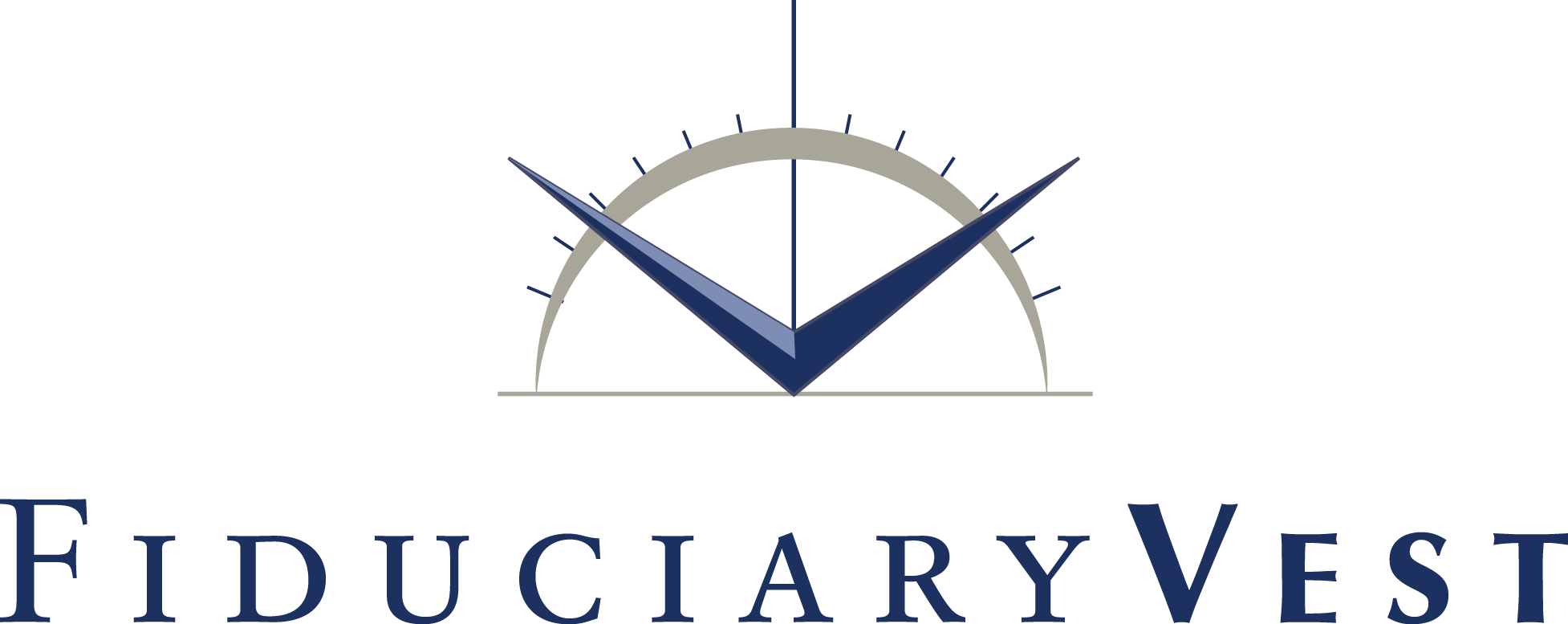
The Rise in Self-Directed Brokerage Accounts: Why Care?
Ever considered what impact self-directed brokerage accounts have on your company? If not, this is the time to pay attention.
We’ve always been a nation of do-it-yourselfers. That proclivity shows up in 401(k) retirement accounts, too. Roughly 25 to 30 percent of retirement plans offer brokerage windows, based on public disclosures by the major recordkeeping firms. In the period 2008 to 2011 alone, Aon Hewitt disclosed that plans offering self-directed brokerage accounts (SBDAs) jumped from 18 to 29 percent, a strong rise, indeed.
Of course, participants have an option, but that doesn’t automatically mean they’ll exercise that option. Fidelity and Schwab, two of the largest self-directed service providers in 401(k) plans, cite that only three percent of participants use the brokerage service.
Schwab data reveals that average account balances run $200,000 and more than half of the accounts are held by participants 50 years old and older. These participants place a whopping 80 percent of their retirement assets in their brokerage accounts, according to Schwab.
Department of Labor Takes Notice
Recently, the Department of Labor (DOL) took another notice of the rise in SBDAs for retirement plans. In August, the DOL submitted a request for information (RFI) from industry providers.
The RFI includes thirty-seven questions on the subject, and nine subcategories, including: participation in brokerage windows; brokerage window costs; and fiduciary duties. Here’s an informative excerpt:
“The purpose of this RFI generally is to increase the Department’s understanding of the prevalence and role of brokerage windows in participant-directed individual account plans covered by ERISA. In particular, the RFI will focus on why, under what circumstances, and how often these brokerage windows are offered and used in ERISA plans, and the legal and policy issues that relate to such usage. The Department wants to make sure that participants are not exposed to undue risks from brokerage windows and that plan fiduciaries properly understand the scope of their ongoing responsibilities with respect to brokerage windows.”
Plan Sponsor Considerations
Know that you are likely to be burdened with increased administrative and liability requirements. Because we’re always in your corner, we are encouraging you to take steps to be prepared for DOL movement on SDBAs. The wise path? Plan sponsors and participants alike should consider seeking professional advice on structure and risk management of your SDBAs.
Consider asking yourself these top line questions:
- What is my risk/benefit analysis of offering brokerage accounts in retirement plans?
- Which investment options should be available in these accounts?
- In what ways should we communicate the benefits and risks of SDBAs to ensure our participants are well prepared to make informed decisions?
It’s important to stay current on this vital business obligation. And don’t hesitate to reach out to us on any question.





